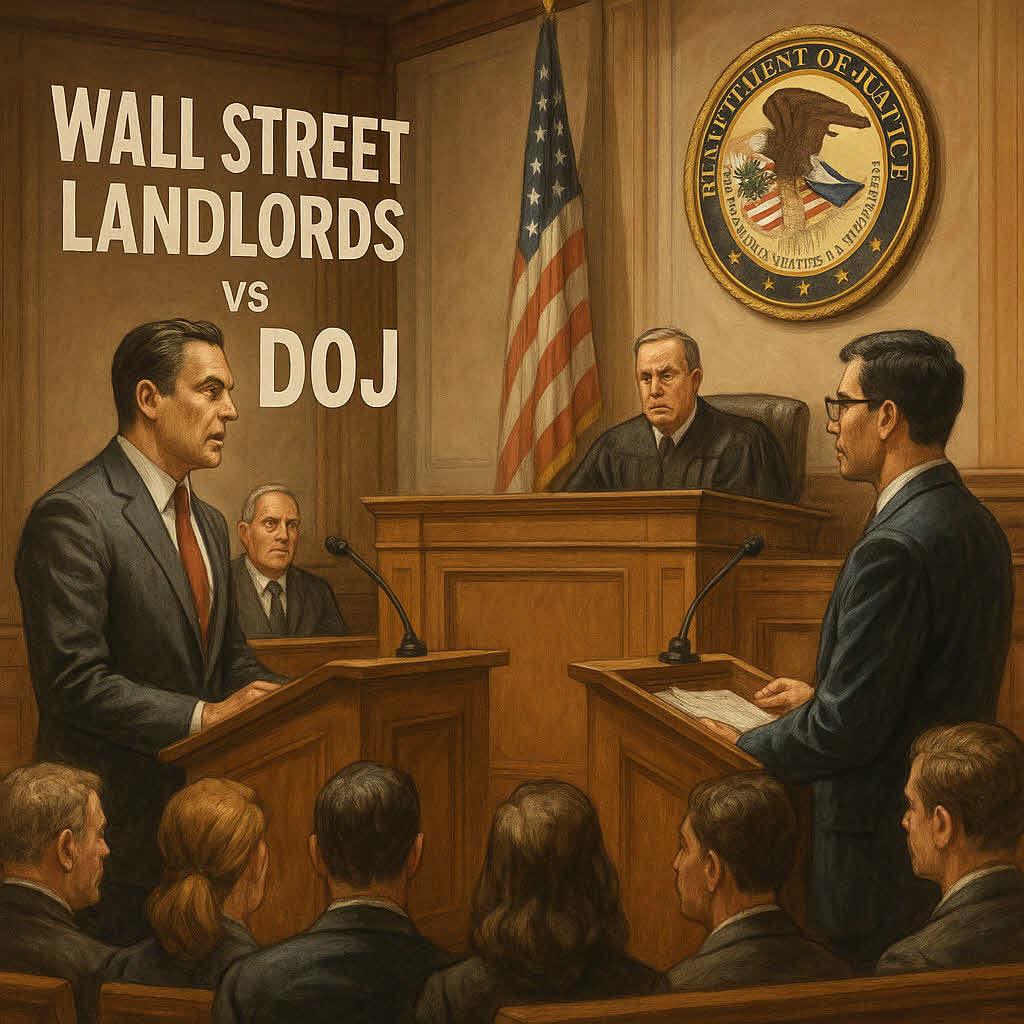Elder Abuse by Financial Exploitation
In Stuart v. Brookfield Properties, disabled Air Force veteran Michael Stuart is suing his corporate landlord for an alleged six-year pattern of billing errors, that culminated in retaliation, after he reported the problems to HUD-VASH— a housing program for veterans.
Elder Abuse
Although this situation does not look like the traditional examples of elder financial fraud, the conduct Stuart experienced fits a broader and increasingly recognized pattern of exploitation within modern rental housing — especially where Wall Street–backed landlords interact with elderly, disabled, or otherwise vulnerable tenants under HUD programs.
For six years Stuart paid rent perfectly. When he questioned recurring overcharges, the landlord, Brookfield Properties, responded by producing a fraudulent ledger that falsely suggested he had not paid rent for six months during a previous lease.
This manipulation was serious, deceptive, and had the potential to cause eviction, credit damage, and even termination from the HUD VASH program. That kind of ledger manipulation — especially against a disabled tenant — is financial exploitation.
Read more about the DOJ’s Elder Abuse Initiative
Michael Stuart is one of the extraordinarily rare individuals who sits at the intersection of military discipline, real-estate insight, advanced technology expertise, corporate executive experience, and lived understanding of HUD-VASH housing systems.
